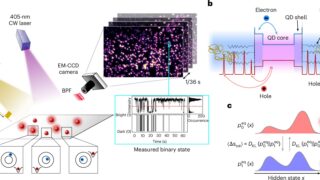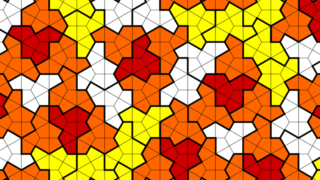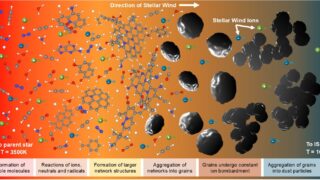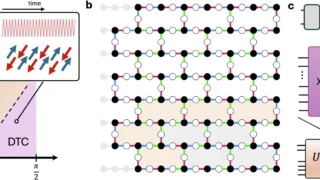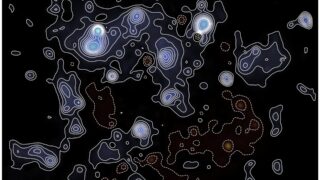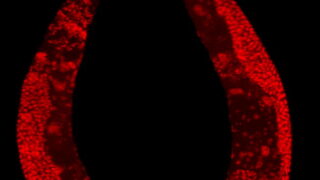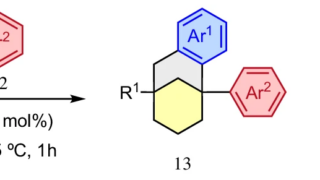
Challenging Bredt’s rule
In the world of organic chemistry, some rules are taught as absolute boundaries. One of the most famous is Bredt’s rule, a guideline that has dictated the limits of molecular architecture for nearly a century. This rule essentially places a “keep off the grass” sign on certain parts of a molecule, specifically forbidding the formation […]

